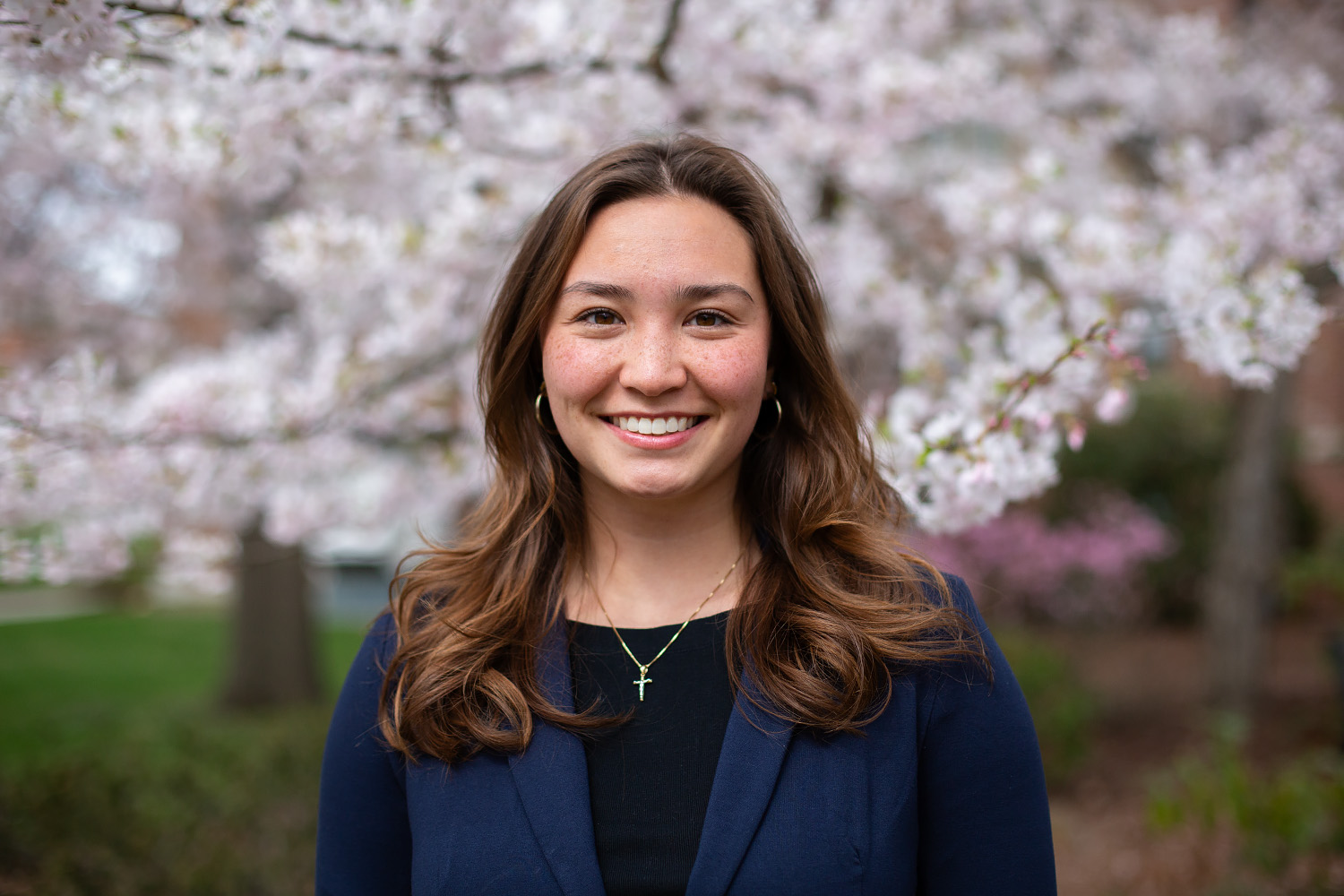
Telluride Buzz: Feinberg and Keegan on Rocky Mountain Highs and Lows
Per annual tradition, The Hollywood Reporter’s executive editor (awards) Scott Feinberg and senior editor (film) Rebecca Keegan huddled on the last day of the Telluride Film Festival to dissect their Labor Day weekend in the Rockies…
KEEGAN Well Scott, before Telluride even began this year, the Colorado festival’s executive director Julie Huntsinger warned us that she had programmed lots of potentially pisive movies for this year’s edition. Boy, howdy, was she right. There were countless movies that had people fuming (e.g. Alejandro G. Iñárritu’s semi-autobiographical epic Bardo), arguing (e.g. Sarah Polley’s novel adaptation Women Talking) and even covering their eyes in horror (e.g. Luca Guadagnino’s cannibal drama Bones and All) — and that was before they even got to discussing the state of the world or their fellow gondola passenger’s taste. Lots of movies here have clusters of passionate fans, but few were broad crowd pleasers.
Related Stories
I look forward to duking it out with you on the pisive ones, but let’s start where most people agreed. Surprisingly, the movie that I heard the most universally positive feedback about — right down to hearing from the mother of a local Telluride school kid who saw it and came home raving — was Ryan White’s space exploration documentary Good Night Oppy (Amazon). With its NASA bona fides and E.T.-like sense of awe (Steven Spielberg’s company Amblin is a producer), Oppy seemed to be a tonal respite for many from some of the more political or harrowing films that screened here.
FEINBERG Rebecca, you’re absolutely right that there were few films about which everyone raved — it didn’t help that several ran nearly three hours, which can really kill the Rocky Mountain high — but there were two performances that got a nod of approval from just about everyone and look likely to get a nod from the Academy, too.
One was given by Olivia Colman in Empire of Light (Searchlight), which was written and directed by Sam Mendes (who Colman said, during a Zoom intro of the film, is now her favorite director). Colman, playing a troubled woman who enters into a romance with a much younger colleague at the cinema where she has long overseen operations, is riveting, as always, and could rack up her fourth nom in five years (she won for The Favourite).
The other, even more acclaimed performance was Cate Blanchett’s electric turn as a world-renowned orchestra conductor who gets MeToo’d in Tár (Focus), Todd Field’s third film, but first in 16 years. (Remember 2001’s In the Bedroom and 2006’s Little Children? Each landed multiple acting noms and a screenplay nom, as this one might too.) Blanchett, who received a career tribute during the fest, can’t help but ooze intelligence and gravitas, which is certainly useful for this part, but she also worked her ass off — she learned German, conducting and high-level piano-playing — and it’s unimaginable that she won’t pick up Oscar nom #8 (and quite possible that she will become only the fourth actress to ever rack up a third win).
KEEGAN Telluride was a veritable coven of great actresses this year, including the huge and memorable ensemble cast of Women Talking (UAR), which includes Rooney Mara, Jessie Buckley, Claire Foy and Frances McDormand. I count myself among the film’s shamelessly passionate fans, and critics have been effusive about it, too, praising the performances as well as the incisiveness of Polley’s script. In your analysis, Scott, you wondered how the Academy, which is 66% male, will respond to a film that is essentially about eight women talking in a hayloft. Well, I’m old enough to remember when the Academy was 77% male and Harvey Weinstein was one of its most powerful members (instead of the villain of the upcoming Universal awards hopeful She Said, which will premiere at the New York Film Festival), so I have faith that times are changing enough for Oscar voters of all genders to appreciate the scope of Polley’s accomplishment. I also got a kick out of seeing the large cast roll into screenings of other films together. As Polley told me, they were “like a delegation” with some 12 people at the fest, including power producer Dede Gardner.
FEINBERG Looming over all of the aforementioned leading ladies — both figuratively and literally — was the early and probably still best actress frontrunner, Michelle Yeoh for Everything Everywhere All at Once (A24), who ostensibly was in Telluride to attend a screening of 2000’s Crouching Tiger, Hidden Dragon as part of a festival tip of the cap to Sony Classics on its 30th birthday. But the presence of Yeoh — who turned 60 last month and, unlike Colman and Blanchett, has never won, or even been nominated for, an Oscar — served as a reminder to the visiting press and Academy members (dozens of whom gathered for a private party on Saturday) that she isn’t going anywhere. (It was great to catch up with her at the annual Sony Classics dinner, where she was seated beside new Academy president Janet Yang.) And in another sign of a campaign that is only gaining steam, she will remain on the circuit alongside the later-arriving awards hopefuls when she heads to Toronto to accept the inaugural Share Her Journey Groundbreaker Award at the TIFF Tribute Awards gala on Sept. 11.
KEEGAN One of the movies I think we both expected to come in stronger, given its director’s track record, was Bardo (Netflix), which instead got spanked by critics both in Venice and here for its bloated length and discursivestory. But what was interesting to observe was how a younger generation of filmmakers in Telluride — including Chloe Zhao, Barry Jenkins and Lulu Wang — rallied for Iñárritu. I happened to catch a screening after which Zhao moderated a Q&A with him and enthusiastically told him that she connected with the ideas in the movie about being an immigrant and “belonging to two places.” It’s important to remember that the people who vote on Oscars aren’t critics, they’re Inarritu’s peers, like Zhao, whom he has befriended and given notes to on her films. I wonder if Iñárritu might go back to the editing room on Bardo. Even the harshest reviews acknowledged its dazzling moments.
FEINBERG That’s an idea that I think he would be wise to consider — his film isn’t slated to hit theaters until Nov. 18 or Netflix until Dec. 16, so he has some time — but I’m skeptical that he is interested in compromising his vision, which has never led him astray before. (Each of his prior features was tremendously well-reviewed and, at the very least, Oscar-nominated.) He suggested in a Los Angeles Times interview that the harsh reactions to the film are “racist,” which I respectfully think is nonsense and won’t help the film’s cause.
As for Netflix, it has plenty of other projects to keep its awards team busy. Among them: Noah Baumbach’s White Noise, which opened the Venice Film Festival on Aug. 31, and the Ana de Armas-as-Marilyn Monroe vehicle Blonde, which will premiere there on Thursday; two others unveiled in Telluride that people seemed to respond to, Sebastián Lelio’s The Wonder and Laure de Clermont-Tonnerre’s Lady Chatterley’s Lover; and two that are set to premiere in Toronto, Rian Johnson’s Knives Out sequel Glass Onion, with Daniel Craig, and The Good Nurse, starring Oscar winners Eddie Redmayne and Jessica Chastain.
KEEGAN Some of the movies that premiered first at other festivals seemed to get a nice bounce in Telluride, like James Gray’s Armageddon Time (Focus), which played stronger here than it did in Cannes, perhaps in part because the coastal American audiences who come to Telluride saw something of themselves in Gray’s depiction of his 1980s New York youth. Jeremy Strong, who may win a second Emmy for Succession on Sunday, seems to be popping the most from the film, and he got to know more Oscar voters — and to position himself as an actor with more characters in his arsenal than Kendall Roy — while hobnobbing around town.
FEINBERG Other films that premiered in Cannes got warm stateside receptions here, none more so than Lukas Dhont’s heartrending Close (which tied for the Grand Prix in Cannes but, in my humble opinion, should have won the Palme d’Or). Also maintaining momentum was another Belgian film, Jean-Pierre Dardenne and Luc Dardenne’s Tori and Lokita (for which the Dardenne brothers received a special Cannes award), plus Hirokazu Koreeda’s Broker (which brought Song Kang-Ho, who is best known for Parasite, Cannes’ best actor prize), Mia Hansen-Løve’s One Fine Morning (which features yet another great Léa Seydoux performance), Ali Abbasi’s Holy Spider (for which Zar Amir Ebrahimi won best actress in Cannes), Hlynur Pálmason’s Godland (Pálmason’s follow-up to his acclaimed A White, White Day) and Charlotte Wells’s Aftersun.
There was also one old-fashioned but crowd-pleasing title that came to Telluride via Sundance and Venice, Living, Oliver Hermanus’s reimagining of Akira Kurosawa’s Ikiru, which is anchored by an understated Bill Nighy.
KEEGAN Meanwhile, while we were watching films in Telluride, some of our colleagues, and many European-based Academy members, were doing the same thing in Venice — that is, when they could find the time between standing ovations. According to the official timers, Martin McDonagh’s The Banshees of Inisherin (Searchlight), which stars Colin Farrell and Brendan Gleeson, got the longest applause at roughly 12 minutes. Also voluminously applauded were Guadagnino’s Bones and All (UAR), which got a 10 minute ovation; Darren Aronofsky’s The Whale (A24), which marks a big comeback for Brendan Fraser, who was moved to tears by seven minutes of clapping; and Don’t Worry Darling (Warner Bros.), which clocked in at seven minutes, as well — though many spent far longer reading and gossiping about the Olivia Wilde/Florence Pugh drama.
FEINBERG I’d love to watch a documentary about that! Speaking of docs, this year’s Telluride lineup featured more of them than any previous one in my memory. In addition to Good Night Oppy, standouts included Retrograde (Nat Geo), the definitive portrait of America’s withdrawal from Afghanistan, directed by Matthew Heineman, who put his life on the line to make this doc just as he did to make prior docs about Mexican cartels, ISIS and the early days of COVID; Icarus: The Aftermath (still seeking U.S. distribution), Bryan Fogel’s follow-up to his Oscar-winning 2017 doc Icarus; Last Flight Home (MTV), in which Ondi Timoner chronicles her elderly father’s quest to end his life on his terms; and The Return of Tanya Tucker (Sony Classics), Kathlyn Horan’s portrait of an aging country singer’s creative rebirth.
KEEGAN We should remind folks that Telluride, like Venice, marks just the beginning of the awards season, and that our attention will next turn to Toronto where many of the same films will be screened alongside a whole new batch of awards hopefuls including the aforementioned Glass Onion, as well as Steven Spielberg’s The Fabelmans (Universal); Gina Prince-Bythewood’s The Woman King (Sony), starring Viola Davis; the Jennifer Lawrence movie Causeway (A24/Apple); and Reginald Hudlin’s Sidney Poitier documentary Sidney (Apple).
The season is long, alas. If you were in Telluride and saw the likes of Nighy, Strong, McDormand and Robert Downey Jr. (here with Sr., a doc about his dad that is still seeking U.S. distribution) bouncing around town with big smiles on their faces, it’s because at this early date, almost everybody is still in a good mood.
FEINBERG Long may that be so!











































































